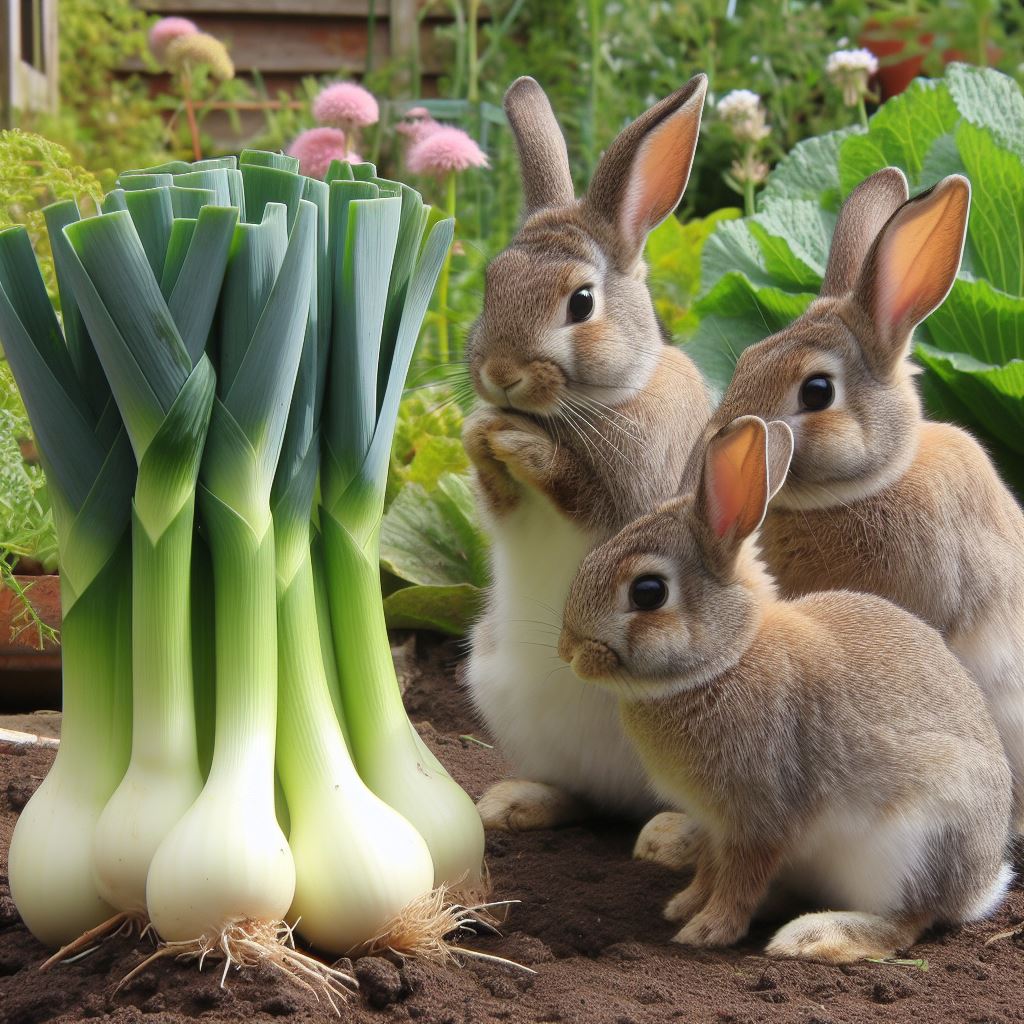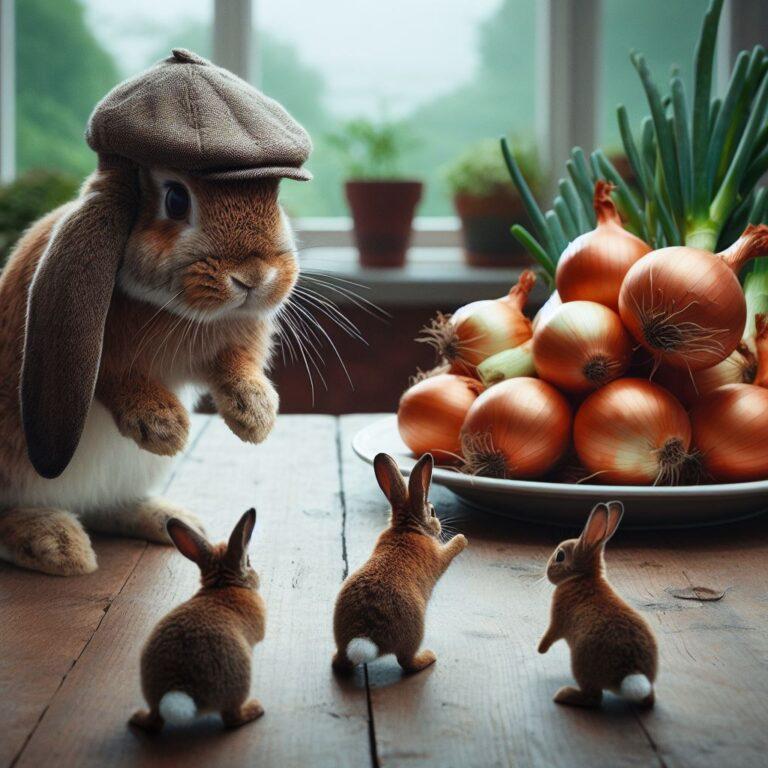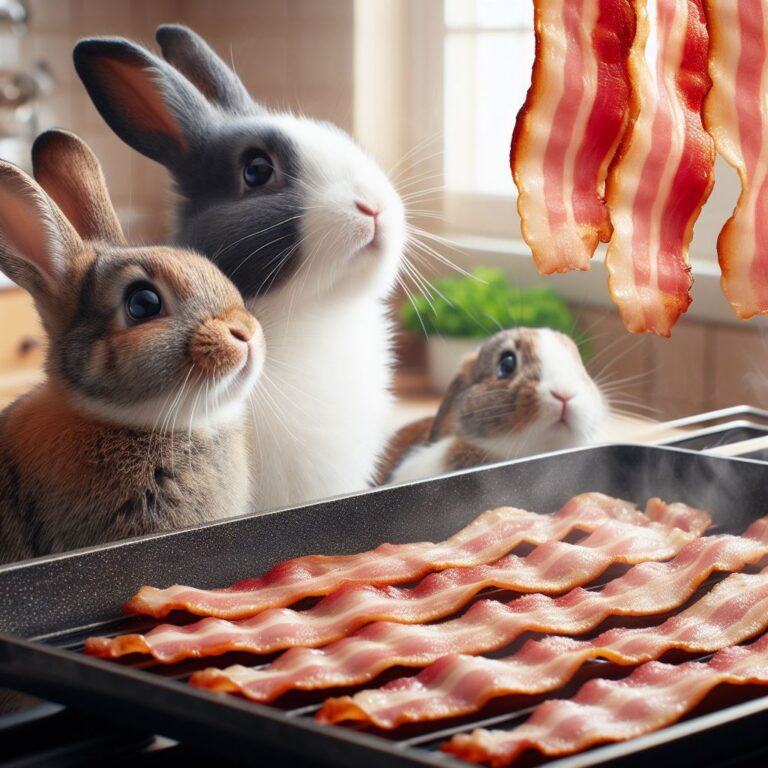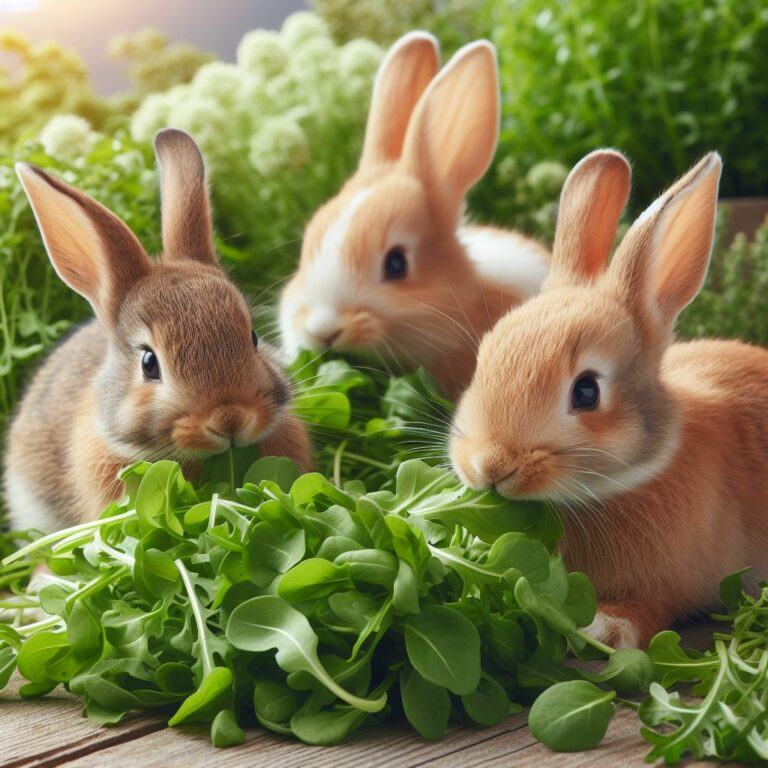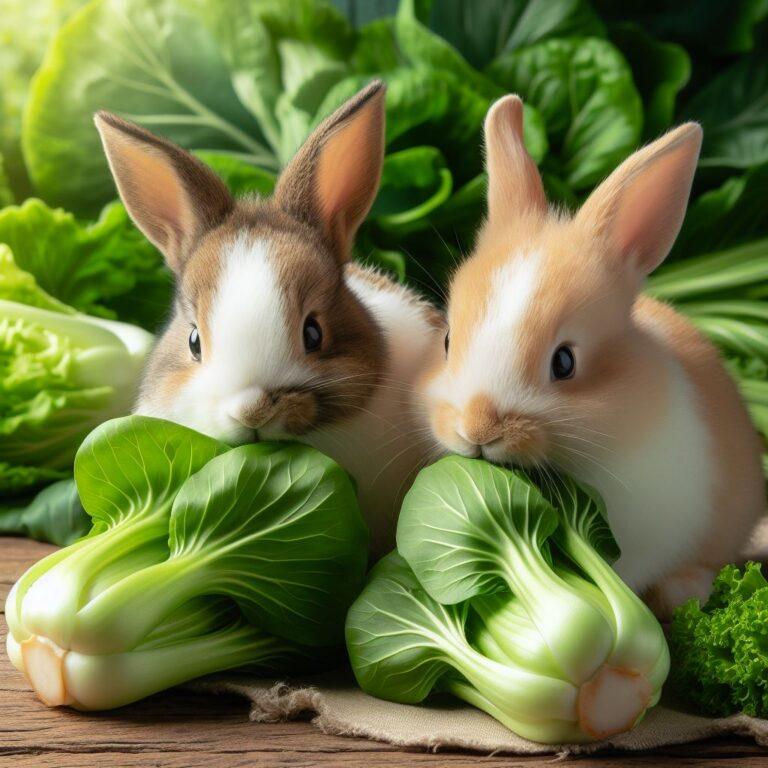Can Rabbits Safely Eat Leeks
The answer is NO. Rabbits must not eat leeks or any member of the allium family. These vegetables contain compounds, such as thiosulfate, that pose a grave threat to rabbit health and may lead to severe complications such as hemolytic anemia, a condition that destroys red blood cells.
Leeks, like other allium vegetables, including onions, garlic, and chives contain sulfur compounds. Symptoms of allium toxicity may be lethargy, weakness, pale mucous membranes, and gastrointestinal distress, including diarrhea and vomiting.
Given the risks associated with leek consumption, it’s imperative to exclude them from a rabbit’s diet. Even minute quantities can cause significant health consequences, and repeated exposure may exacerbate toxicity over time.
Careful rabbit owners must always be cautious and refrain from offering leeks or any allium vegetables to their furry companions.
Understanding the Risks of Feeding Leeks to Rabbits
Looking a little deeper into the dangers of leeks for rabbits, it’s essential to recognize why they are so toxic. Thiosulfate, a sulfur-containing compound found abundantly in allium vegetables, is the main reason.
In rabbits, thiosulfate interferes with the normal function of red blood cells, triggering their premature destruction and causing hemolytic anemia.
The gastrointestinal tract of rabbits is very sensitive to dietary changes, making them particularly vulnerable to the disruptive effects of thiosulfate.
Unlike some other animals that have enzymes capable of metabolizing these compounds, rabbits lack them, which means they can’t process allium vegetables effectively.
This means, that even modest ingestion of leeks can lead to severe gastrointestinal disturbances, including colic, abdominal discomfort, and anorexia.
In severe cases, allium toxicity in rabbits may cause multi-organ dysfunction, neurological deficits, and, even death.
Alternatives to Leeks for Rabbit Nutrition
Now we know that leeks and their family members are unsuitable for rabbits let’s look at safe alternative food options.
Leafy greens, such as romaine lettuce, kale, spinach, and cilantro, offer an array of essential vitamins and minerals without the risks associated with allium vegetables.
Fresh herbs, including parsley, basil, and dill, provide a flavorful and aromatic addition to a rabbit’s diet while adding additional nutritional benefits.
Non-allium vegetables, such as carrots, bell peppers, broccoli, courgette, and cucumber, serve as excellent sources of essential nutrients and hydration for rabbits.
When introducing new foods into a rabbit’s diet, it’s important to do so with caution and gradually acclimate them to dietary changes. I always recommend speaking with your vet before doing so of course!
Washing vegetables thoroughly to eliminate any traces of pesticides or contaminants and removing any seeds or pits that may pose a choking hazard are essential precautions.
As well as fresh vegetables and greens, rabbits need access to high-quality hay and a measured quantity of rabbit pellets to fulfill their dietary requirements adequately.
Hay is the most important part of a rabbit’s diet, facilitating dental health and gastrointestinal motility, while pellets contain vital nutrients and minerals essential for overall well-being.
Consulting with a veterinarian well-versed in rabbit care is essential when coming up with a personalized dietary plan tailored to a rabbit’s individual needs and circumstances.
Veterinarians can provide invaluable insights into portion control, dietary supplementation, and any specific dietary restrictions or considerations needed to keep your rabbit healthy.
The well-being of our rabbits relies on the choices we make regarding their diet. By avoiding the dangers of feeding them leeks and choosing healthy alternative food options that benefit their health, we safeguard their longevity and quality of life.

